A Book That Changed My Life | ERR kultuur
In 2025, we will mark 500 years since the publication of the first book in Estonian. To celebrate this milestone, the Year of the Estonian Book will run from Estonian Literature Day on January 30, 2025, through Mother Tongue Day on March 14, 2026.
As part of the Year of the Estonian Book representatives from various fields share on the ERR culture portal, in the section titled "A Book That Changed My Life," an Estonian author’s work that has deeply influenced them.
Below you will find the full list of people and the books they have chosen. The links open in a new window.
Additionally, we recommend checking out (in Estonian):
- Ministry of Culture: Why we celebrate the Estonian Book Year and what it involves
- ERR Culture: Watch Again: The Opening and Conference of the Estonian Book Year
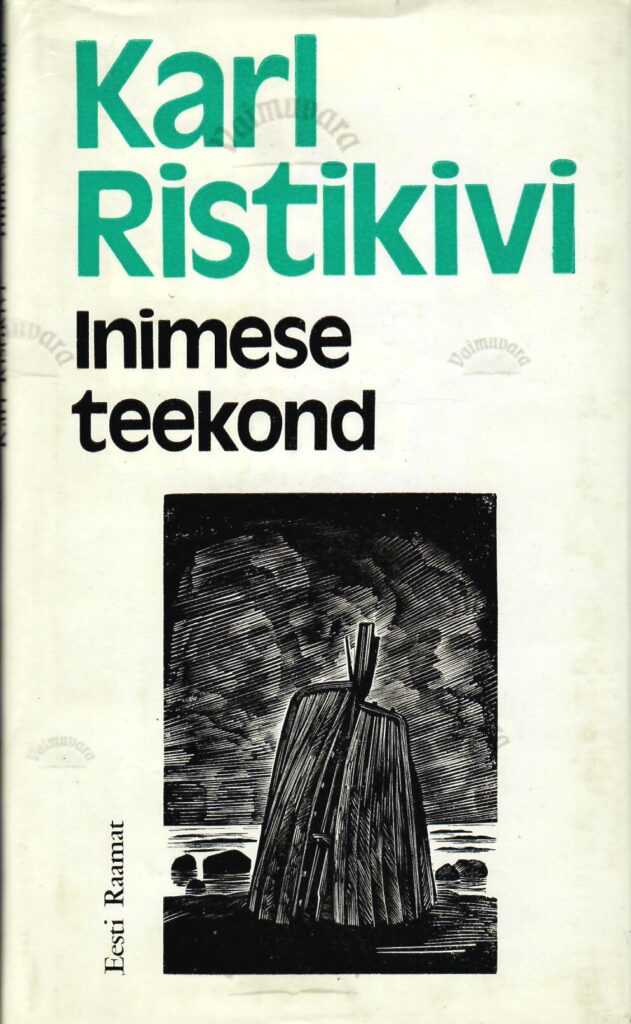
Actress Maria Ehrenberg will introduce Karl Ristikivi's poetry collection "Inimese teekond" ("Man’s Journey").
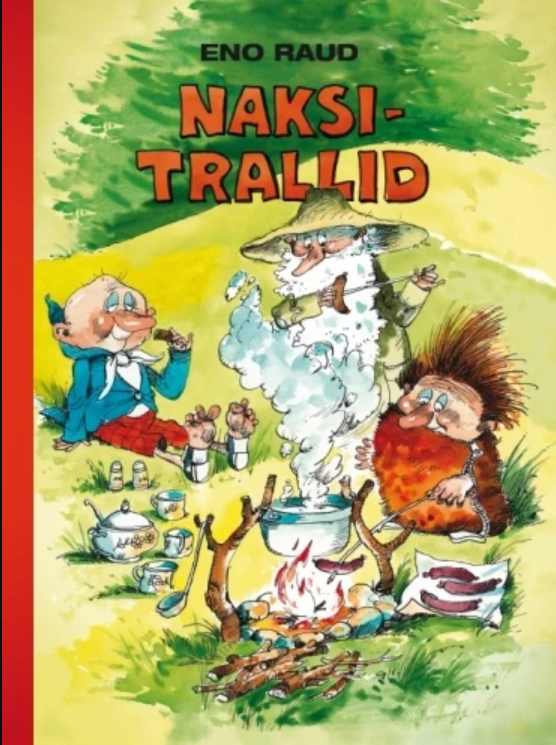
Ornithologist and author of children's books on nature, Marko Mägi, will introduce Eno Rau's "Naksitralle" ("Three Jolly Fellows").
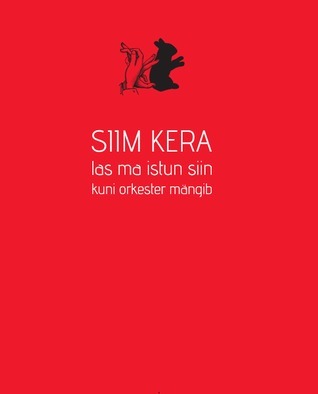
Linguist and sometimes DJ Lydia Risberg will introduce Siim Kera's poetry collection "Las ma istun siin kuni orkester mängib" (Let Me Sit Here While the Orchestra Plays).
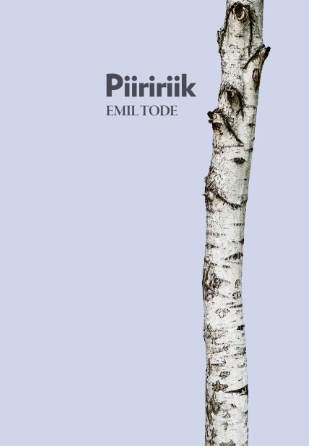
Producer and cultural critic Aurelia Aasa introduces the novel "Piiririik" ("Border State") by Emil Tode - a pseudonym of Tõnu Õnnepalu.
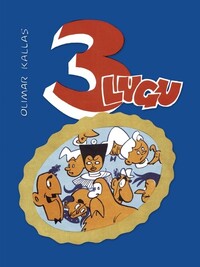
Writer Indrek Koff introduces Olimar Kallas' comic book "3 lugu" (3 Stories).
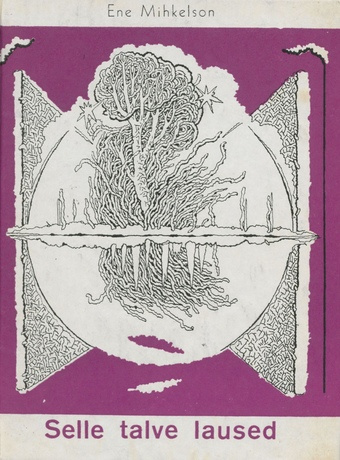
Writer Carolina Pihelgas introduces Ene Mihkelson's poetry book "Selle talve laused" (Sentences of this Winter).
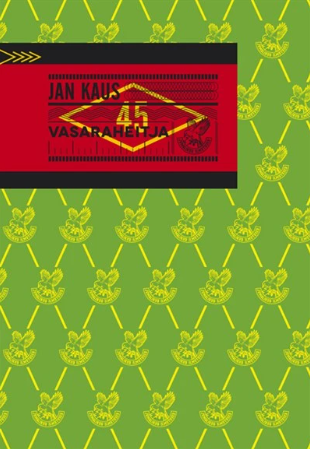
Poet and creative director of the Taifuun advertising agency Joonas Veelmaa will introduce Jan Kaus's poetry collection "Vasaraheitja" (The Hammer Thrower).
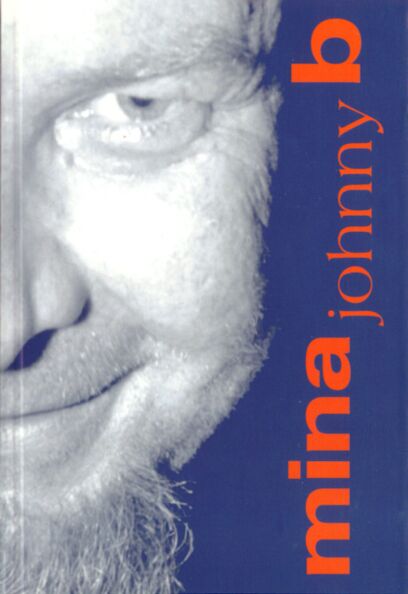
Musicologist and writer Brigitta Davidjants introduces Jaan Isotamm's poetry collection "Mina, Johnny B" (I, Johnny B).
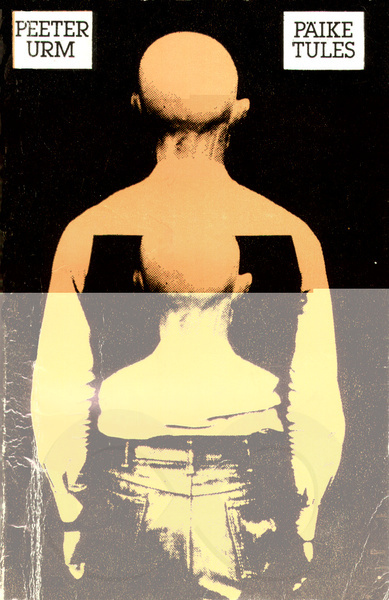
Author Jan Kaus introduces Peeter Urm's novel "Päike tules" ("The Sun on Fire").
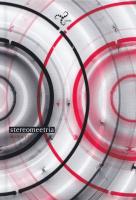
Poet and textile artist Maryliis Teinfeldt-Grins introduces Maria Lee Liivak's poetry collection "Stereomeetria" (Stereometry)
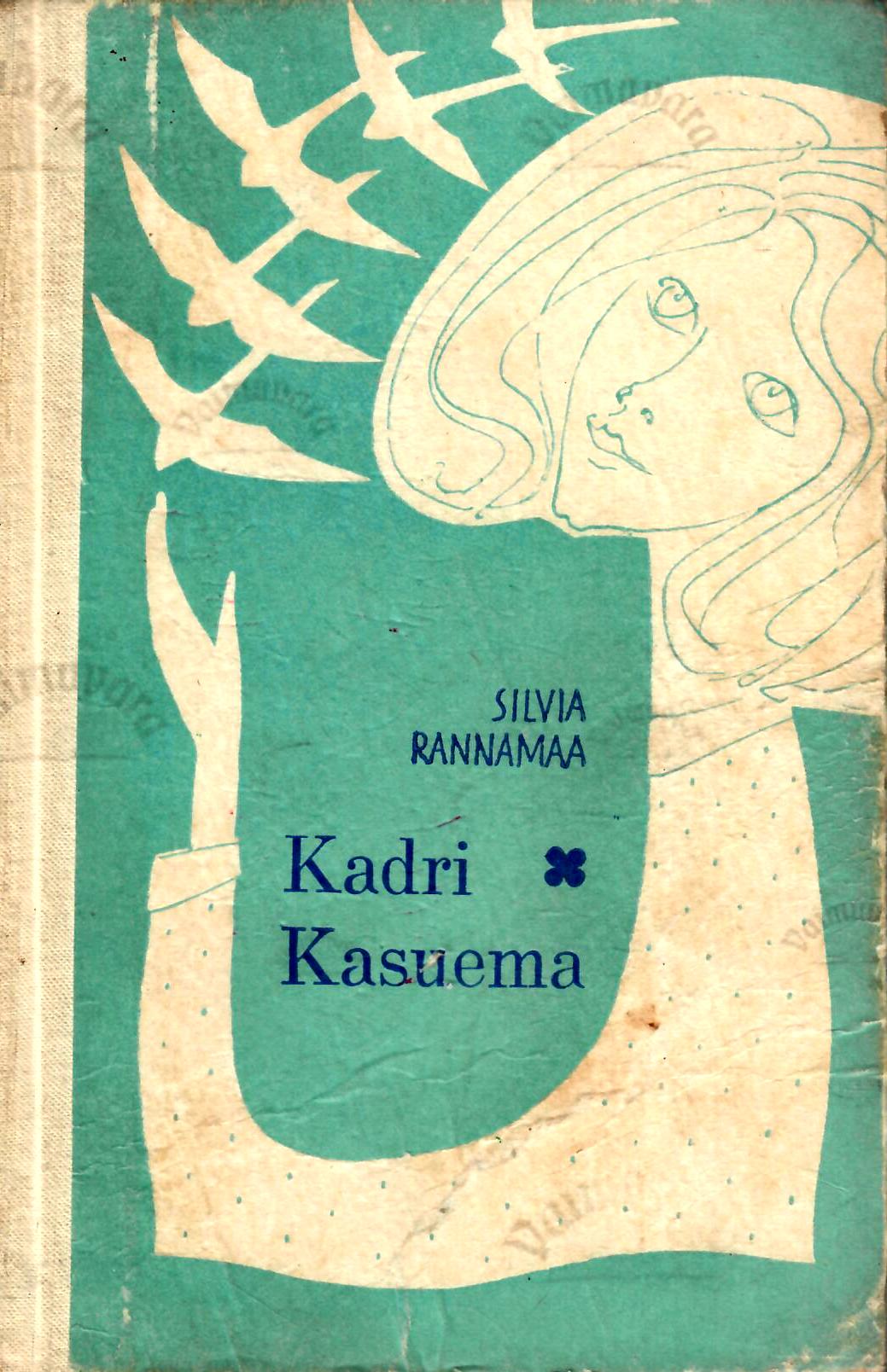
Investor and entrepreneur Kristi Saare introduces Silvia Rannamaa's book "Kadri. Kasuema" (Kadri. Stepmother), which brings together two youth stories.
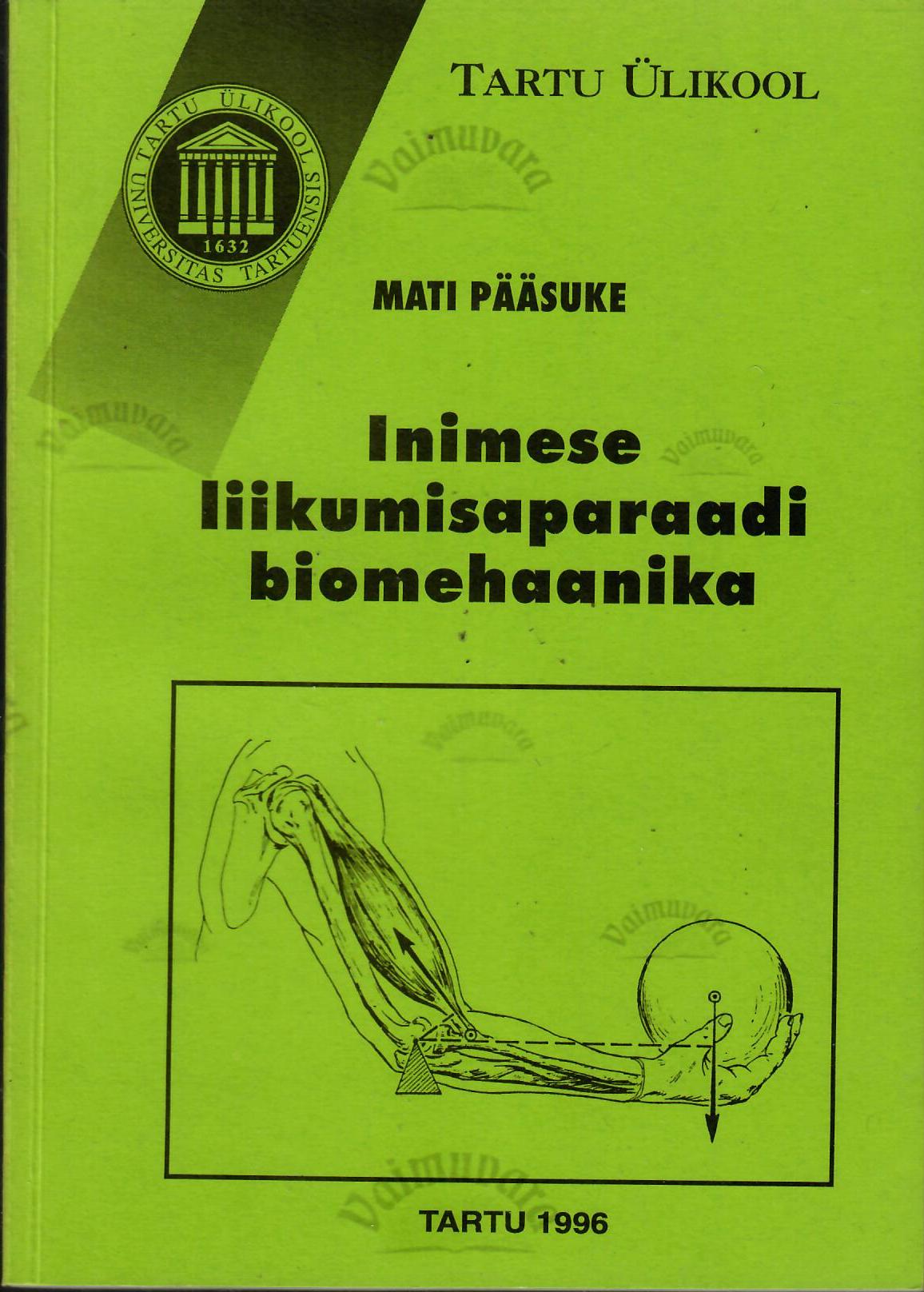
Writer Kairi Look introduces how Mati Pääsukes' "Inimese liikumisaparaadi biomehaanika" (Biomechanics of the Human Locomotor System) has changed her life.
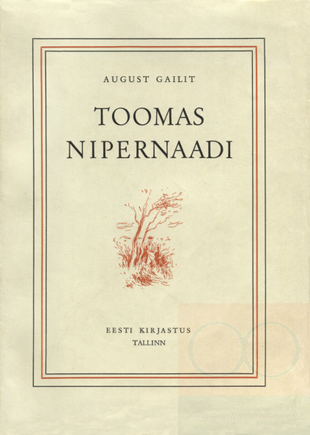
Writer and literary historian Jaanus Vaiksoo introduces August Gailit's "Toomas Nipernaadit".
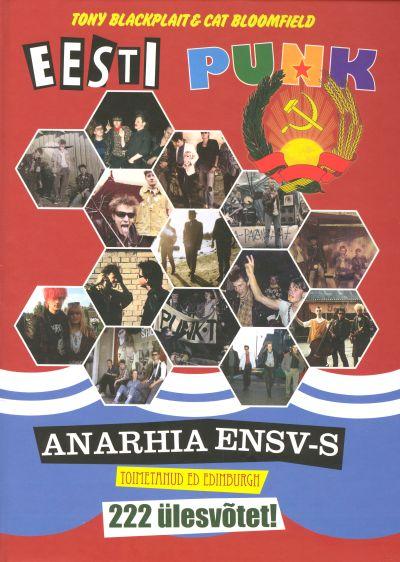
Musician and poet Eik will introduce the book "Anarhia ENSV-s. Eesti punk" ("Estonian Punk 1976-1990: Anarchy in the ESSR") compiled by Tõnu Trubetsky.
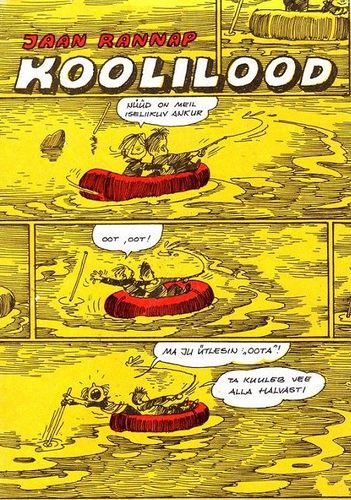
Actor Henrik Kalmet introduces Jaan Rannap's collection "Koolilood" (School Stories), from which he is particularly inspired by "Agu Sihvka anabb aru" (Agu Sihvka reports).
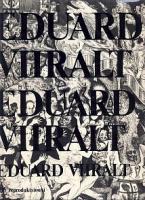
Artist and writer Piret Raud introduces the book "Eduard Viiralt. 185 reproduktsiooni" (185 reproductions of Eduard Viiralt's masterpieces) compiled by Mai Levin.
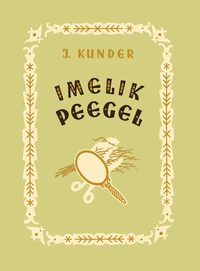
Literary scholar Rein Veidemann introduces Juhan Kunder's "Imelikku peeglit" (The Strange Mirror).
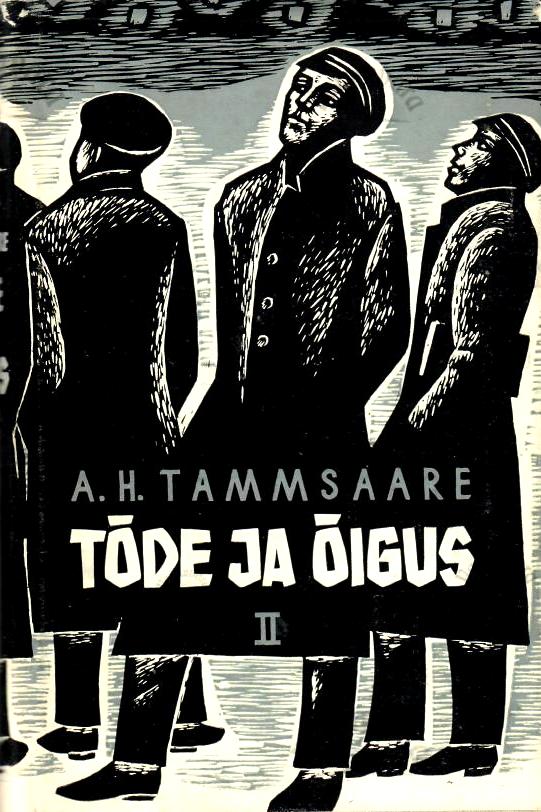
Literary scholar Maarja Vaino introduces Anton Hans Tammsaar's work "Tõde ja õigus" II (Volume II of the "Truth and Justice" pentalogy, "Indrek").
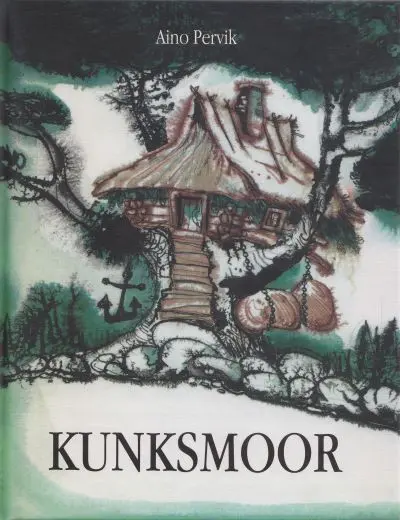
Director Anna Hints introduces Aino Pervik's book "Kunksmoor" ("Old Mother Kunks").
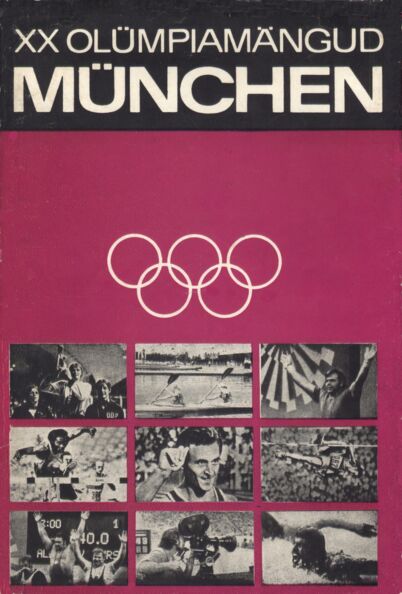
Estonian Public Broadcasting sports journalist Tarmo Tiisler introduces Paavo Kivis and Kristjan Arusoo's book on the 1972 Munich Olympics.
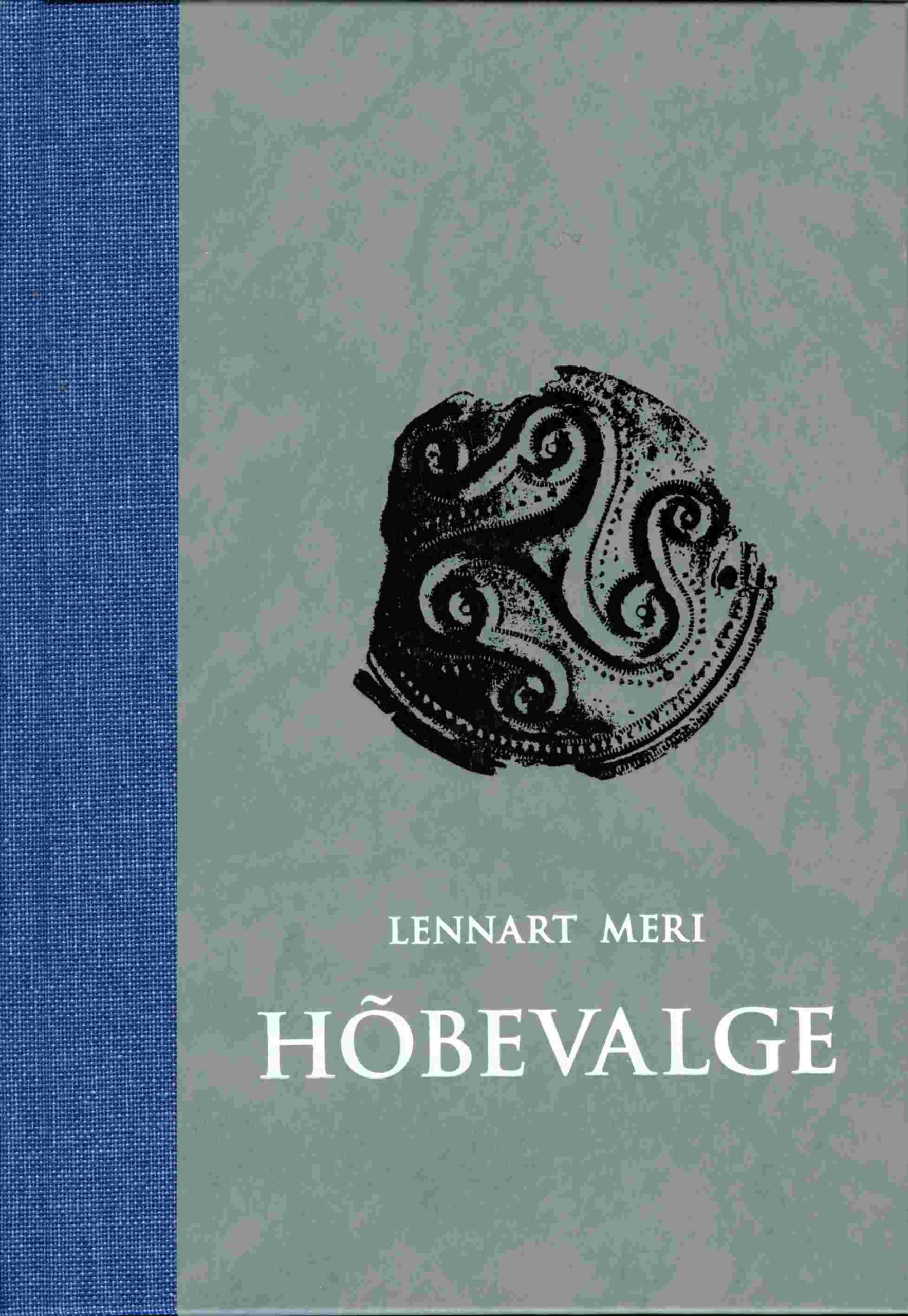
Edith Sepp, head of the Estonian Film Institute, will introduce Lennart Meri's "Hõbevalge" ("Silver White").
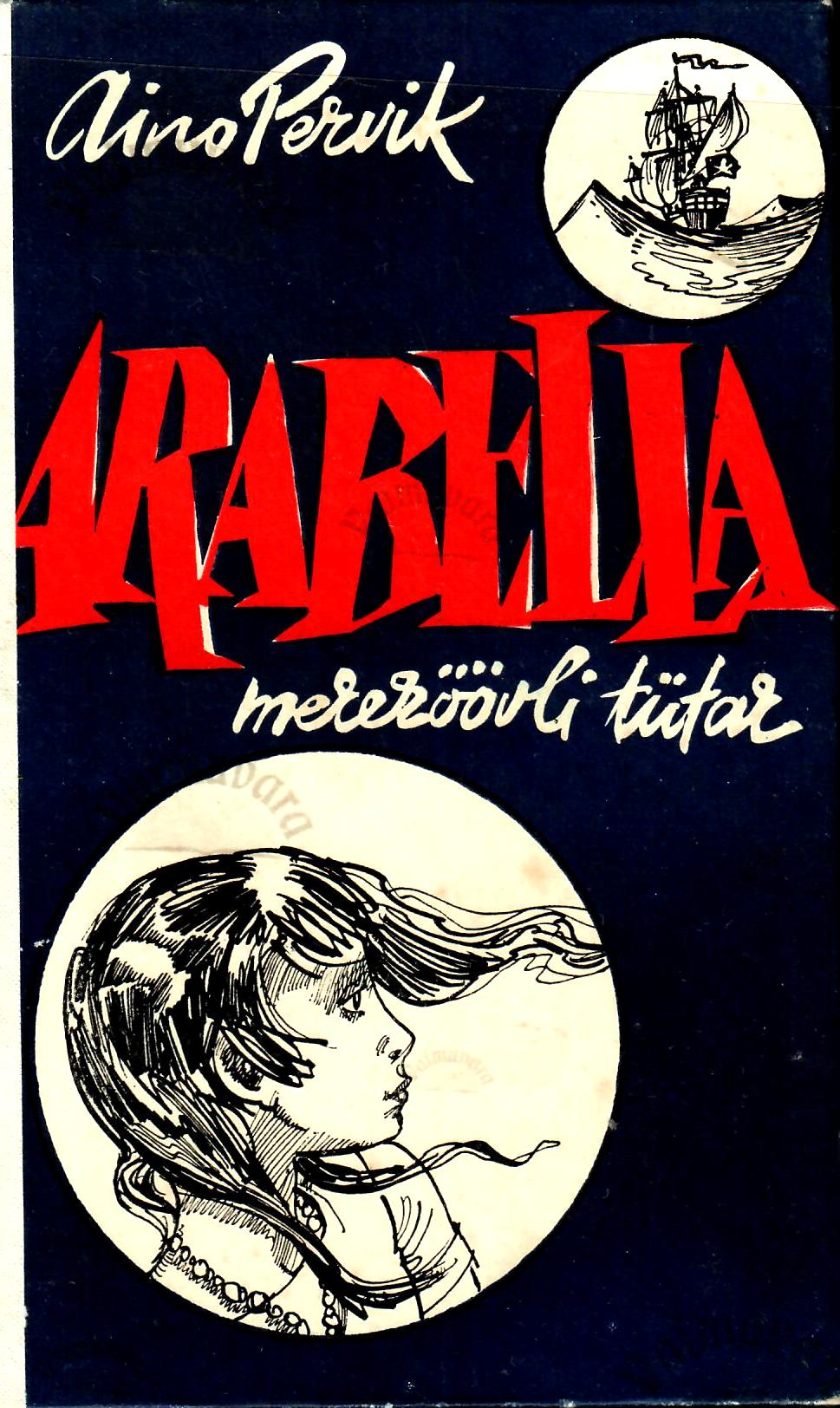
Writer and chairwoman of the Writers' Union Maarja Kangro will introduce Aino Pervik's 1982 book "Arabella, mereröövli tütar" (Arabella, the Pirate's Daughter).
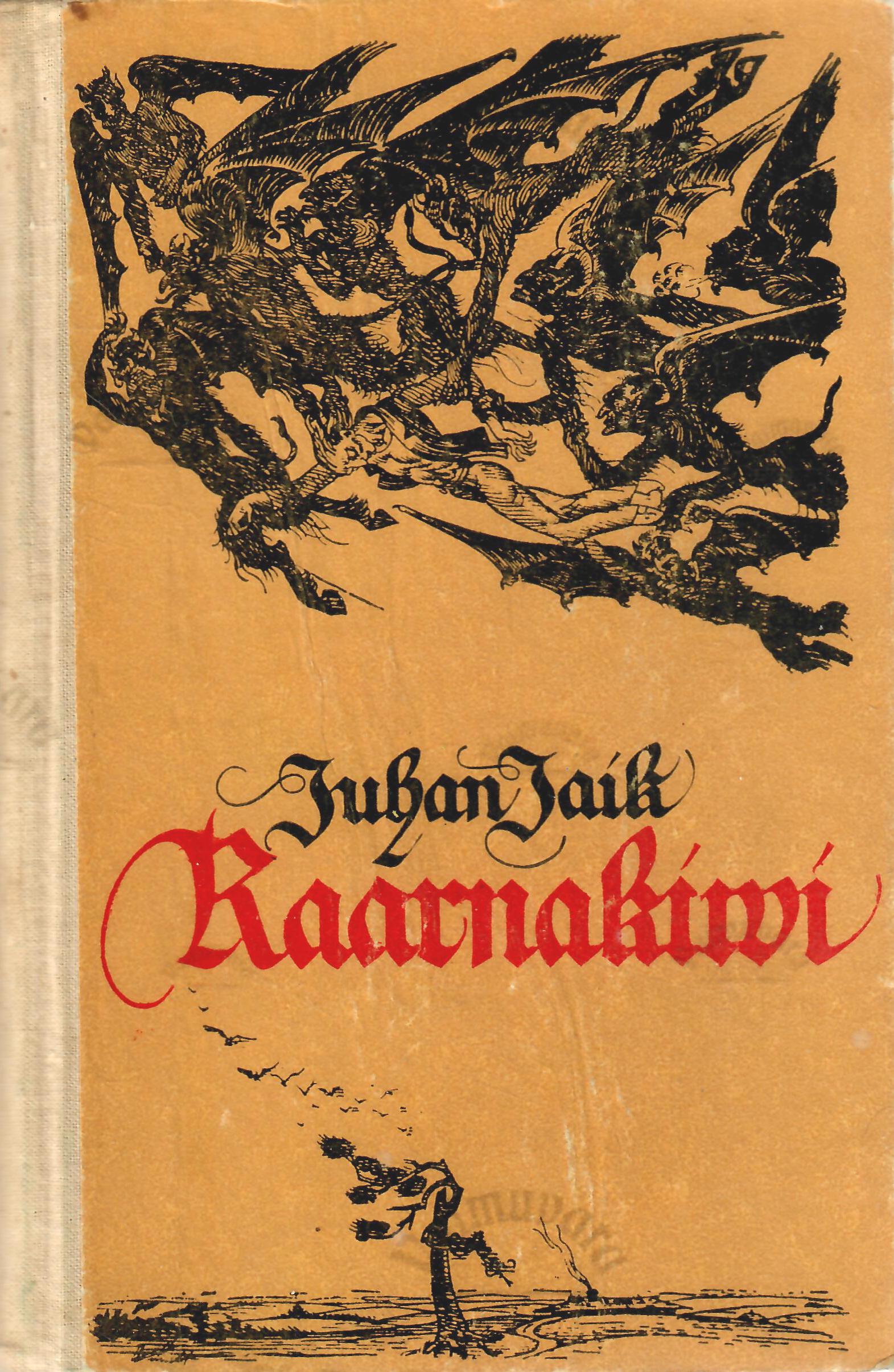
Writer Andrus Kivirähk introduces Juhan Jaig's "Kaarnakivi" (Raven-stone), published in 1931.
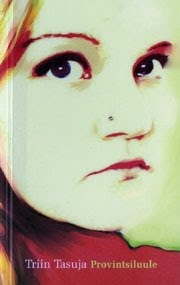
Choreographer and poet Sveta Grigorjeva will introduce Triin Tasuja's poetry collection "Provintsiluule" (Province Poetry).
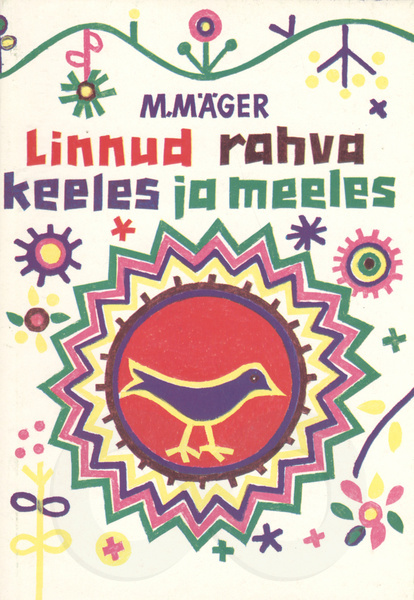
Folklorist and cultural historian Marju Kõivupuu introduces Mart Mäger's 1969 work "Linnud rahva keeles ja meeles" (Birds in the Language and Mind of the People).
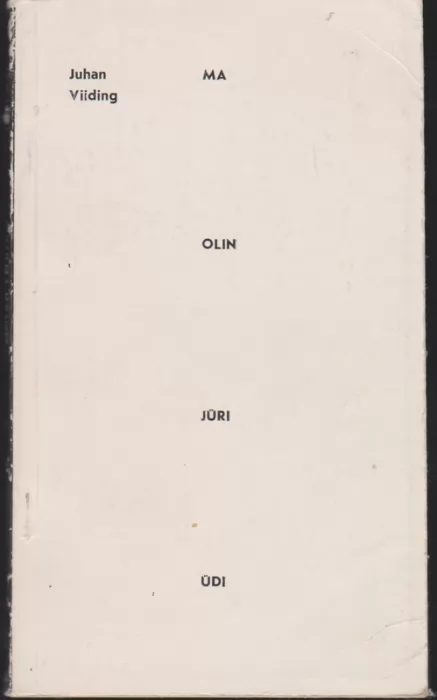
Humorist, journalist and Minister of Literature Mart Juur introduces Juhan Viiding's 1978 poetry collection "Ma olin Jüri Üdi" (I was Jüri Üdi).
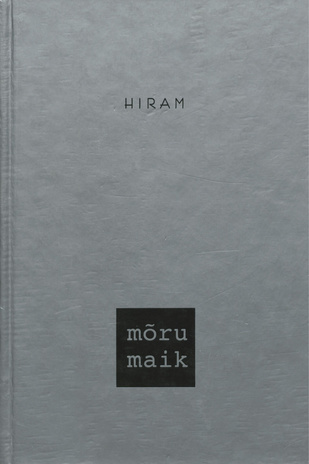
The first to introduce the book that changed her life is writer Eia Uus: the 1999 "Mõru maik" by Hiram.







